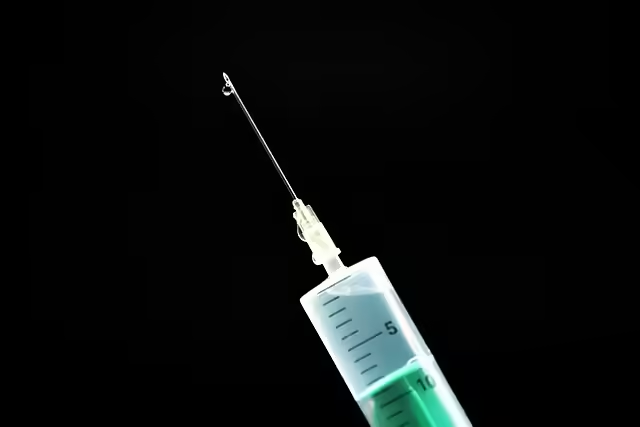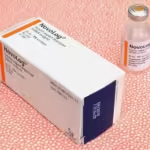When medication is injected into an artery, it can lead to serious complications. The medication may not reach the intended target area in the body, causing inefficacy of the treatment. Furthermore, injecting medication into an artery can cause damage to the blood vessels, leading to clot formation, tissue damage, and even potential limb loss. It is crucial to ensure that medications are administered correctly into the appropriate blood vessels to avoid such risks.
Injecting medication into an artery, also known as intra-arterial injection, can have severe consequences due to the high pressure and rapid blood flow in arteries. The medication can travel to other parts of the body, causing unintended effects or damage. It is essential for healthcare professionals to have proper training and expertise to administer medications safely and accurately. Patients should also communicate any unusual symptoms or discomfort after receiving injections to prevent complications and ensure prompt medical intervention if needed.



